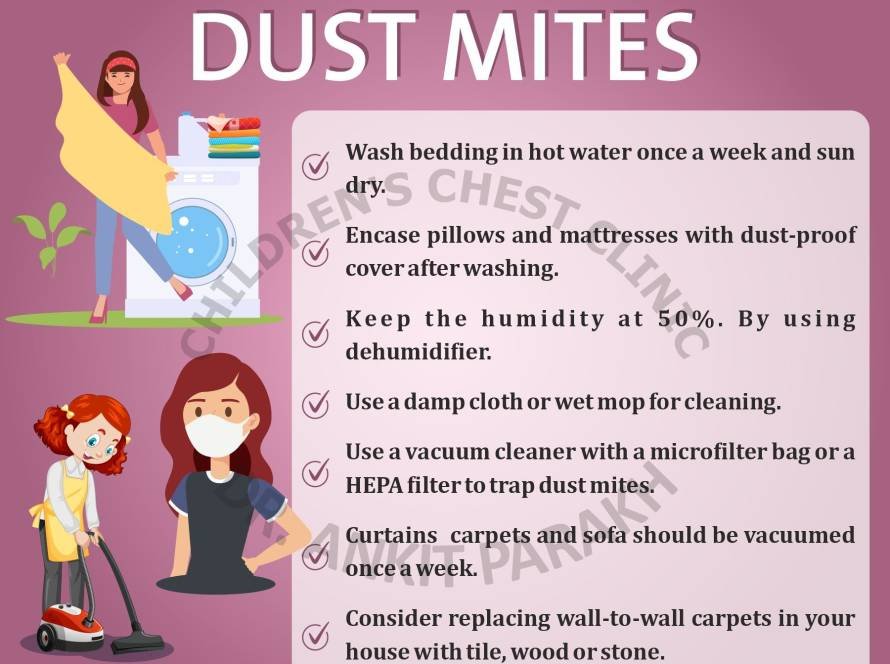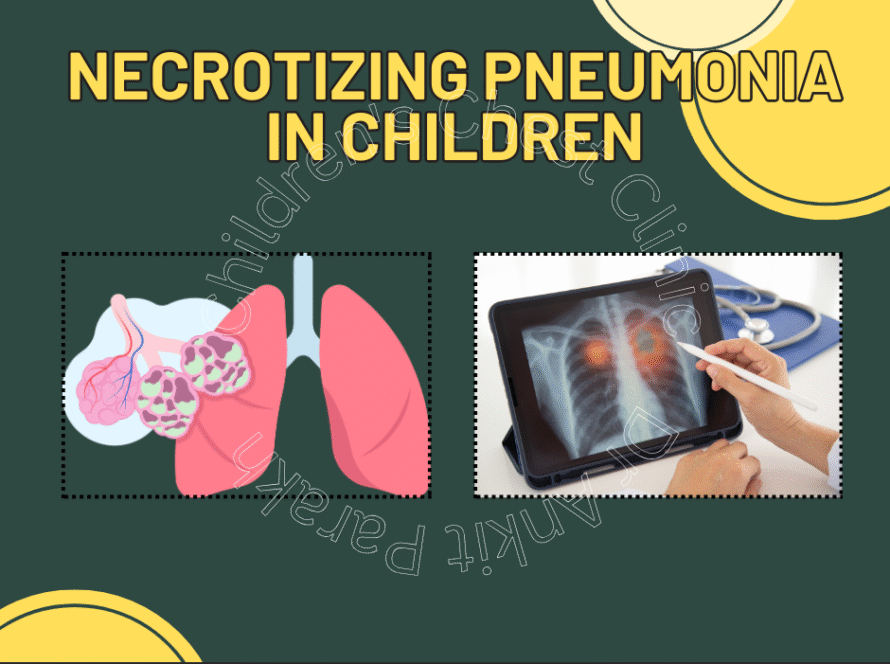“Achieving Long-Term Relief: How Allergy Immunotherapy Transforms Children’s Lives”
Allergen Immunotherapy: Achieving Long-Term Relief from Allergies
Allergies affect millions of people worldwide, significantly impacting their quality of life. From seasonal pollen allergies to persistent reactions to dust mites, finding a long-term solution is a priority for many. Allergen immunotherapy offers a promising path to lasting relief. In this article, we explore how allergen immunotherapy works, its benefits, and its effectiveness, particularly for children.
Understanding Allergen Immunotherapy
Allergen immunotherapy is a medical treatment designed to reduce sensitivity to allergens over time. This therapy involves gradually introducing the allergen to the patient’s immune system in controlled doses, helping the body build tolerance and decrease allergic reactions.
Common Allergens Treated with Immunotherapy:
- Pollen (grass, trees, weeds)
- Dust mites
- Pet dander
- Insect stings (e.g., bees and wasps)
How Does Allergen Immunotherapy Work?
Allergen immunotherapy works by reprogramming the immune system to respond less aggressively to allergens. The treatment typically involves two phases:
1. Build-Up Phase:
This phase involves administering gradually increasing doses of the allergen over several months. This helps the body adjust to the allergen without triggering severe reactions.
2. Maintenance Phase:
Once the optimal dose is reached, the maintenance phase begins. During this phase, the patient continues to receive regular doses, either through injections (subcutaneous immunotherapy) or tablets/drops (sublingual immunotherapy).
Benefits of Allergen Immunotherapy
1. Long-Term Relief:
Unlike medications that only mask symptoms, allergen immunotherapy addresses the root cause of allergies, providing sustained relief even after treatment ends.
2. Reduces Dependence on Medication:
Patients undergoing immunotherapy often report reduced reliance on antihistamines and other allergy medications.
3. Improves Quality of Life:
By minimizing symptoms, allergen immunotherapy enables individuals, including children, to participate fully in daily activities and enjoy a better quality of life.
Allergen Immunotherapy for Children
Children are particularly vulnerable to allergies, which can disrupt their education, sleep, and play. Allergen immunotherapy is a safe and effective option for managing allergies in children. Starting treatment early can:
- Prevent the development of new allergies
- Reduce the risk of asthma in children with allergic rhinitis
Parents should consult an allergist to determine if immunotherapy is suitable for their child’s specific allergy profile.
Effectiveness of Allergen Immunotherapy
Studies have shown that allergen immunotherapy is highly effective in reducing allergic symptoms and improving long-term outcomes. The treatment is particularly beneficial for individuals with:
- Severe allergic rhinitis
Allergic Conjunctivitis
Allergic Asthma
Managing Expectations and Side Effects
While allergen immunotherapy offers significant benefits, it requires commitment and patience. The treatment duration typically spans 3-5 years, and results may not be immediate. Potential side effects include:
- Local reactions at the injection site (redness, swelling)
- Mild symptoms like sneezing or nasal congestion
- Rare but serious allergic reactions (anaphylaxis), which require immediate medical attention
Allergies in children require timely diagnosis, effective management, and preventive measures. Working closely with a pediatric allergist ensures that your child’s allergies are under control, enabling them to lead a healthier and happier life.
Conclusion
1. What is allergen immunotherapy?
Allergen immunotherapy is a treatment that gradually exposes the immune system to allergens in controlled doses to build tolerance and reduce allergic reactions.
2. Is allergen immunotherapy safe for children?
Yes, allergen immunotherapy is safe and effective for children. It can help prevent the progression of allergies and asthma when started early.
3. How long does allergen immunotherapy take to show results?
Most patients begin to see improvement in symptoms during the first year of treatment, with optimal results achieved after 3-5 years.
4. What are the side effects of allergen immunotherapy?
Common side effects include local reactions at the injection site, mild nasal congestion, or sneezing. Serious allergic reactions are rare but possible.
5. Can allergen immunotherapy cure allergies?
While allergen immunotherapy doesn’t “cure” allergies, it significantly reduces sensitivity to allergens, leading to long-lasting relief even after treatment completion.






